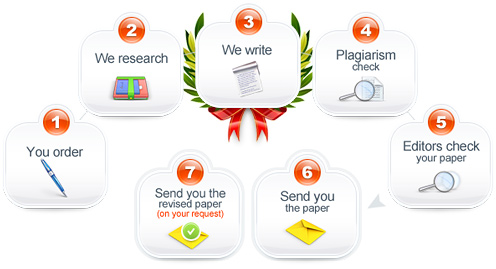Depression and Mood Disorders: A Clinical Journal
The purpose of this reflective journal is self-reflection regarding the role in the process of self-reflection as a Psychiatric Nurse practitioner. Through reflective practice, the student will evaluate their own emotional health and recognize one’s own feelings as well as one’s ability to monitor and manage those feelings. The point of the exercise is to learn about yourself, your triggers, the types of cases you end up getting overly involved with, and those you’d rather refer to someone else. The idea is to be able to personally reflect on your behaviors/thoughts/decisions and how those impact you in the role of PMHNP.

Discuss a patient interaction in which there was transference, countertransference, prejudice/biases, or judgments that you may be making about the patients or that they are verbalizing about you. Have you encountered this before? From where does this originate? Would it be appropriate for you to continue to provide care to the patient and if so, how will you prevent these issues from affecting the care you are able to provide the patient?
Depression and Mood Disorders: A Clinical Journal Related posts:
- Clinical Journal: Depression and Mood Disorder
- To make sure you are up to date on the special guidelines the GASB has declared, your manager asked you to research GASB Statement No. 56. He also asked you to show him, side by side, how government accounting journal entries might differ from for-profit journal entries in these similar events
- Leadership Journal: this leadership journal is a record of your activities, assessments, and learning related to this academic experience
- Mood and Addictive Disorders Paper
- Mood Disorders & Life Stages
- Sixty–two–year–old James White is accompanied to the clinic today by his wife and son. James has had increasing problems with his memory for the past several months and has rapid mood swings for no apparent reason
- Assessing and Treating Pediatric Clients With Mood Disorders
- Assessing and Treating Adult and Geriatric Clients With Mood Disorders
- The difference in detecting psychological distress disorders like depression, anxiety, and post-traumatic stress disorder early in post-acute (MI) patients
- Evidence-Based Project, Part 5: Recommending An Evidence-Based Practice Change profile
- Organizational Culture and Values PowerPoint Presentation

